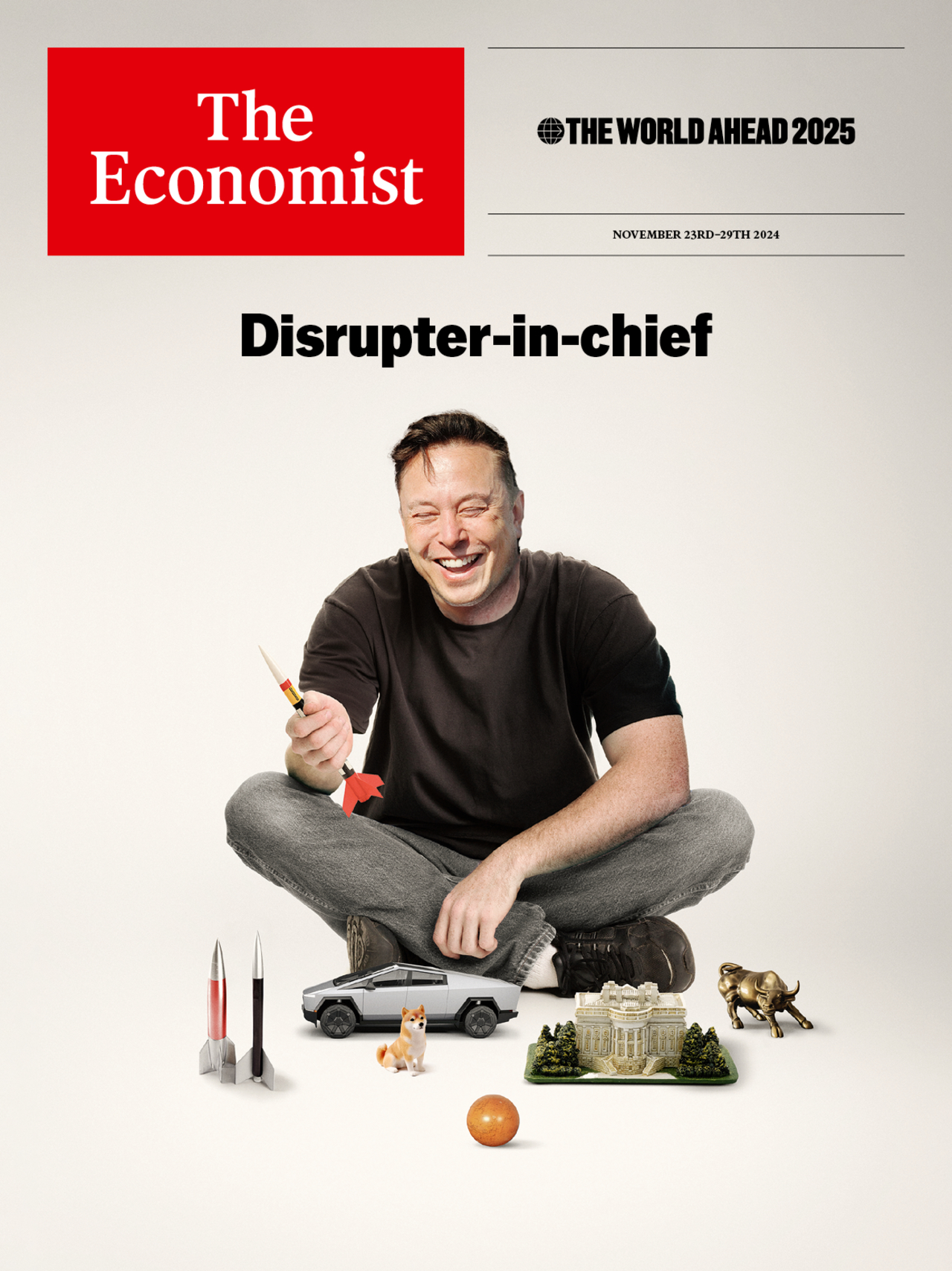A landmark ruling in a US court has given artists a major victory in their fight against AI companies using their work without permission. The lawsuit, filed by a group of artists against companies using text-to-image generators such as Stability AI, Midjourney and DeviantArt, has been allowed to proceed by a US judge.
In a ruling this week, US district judge William Orrick said that motions brought forward by the artists were granted in part and dismissed in part. The class action lawsuit alleged that Stable Diffusion, the AI image generator created by start-up Stability AI, used the artists’ works as “training images” to produce AI-generated images “in the style” of the original images.
A diagram showing how AI image generators work
The lawsuit also extended to Midjourney, DeviantArt and Runway AI, all of whom allegedly used Stable Diffusion to generate images that the artists believe violated their copyright.
One of the artists, Kelly McKernan, hailed the ruling as “very exciting”. “The judge is allowing our copyright claims through and now we get to find out all the things these companies don’t want us to know in discovery. This is a HUGE win for us. I’m SO proud of our incredible team of lawyers and fellow plaintiffs!” she wrote on X.
We have a long road ahead still but that doesn’t mean we shouldn’t acknowledge all the effort it took to get to this milestone in our lawsuit. It’s been an intense 18 months, let’s keep going!
McKernan initially sued the companies in January 2023 along with two other artists, one of several prominent copyright lawsuits against AI companies. While Orrick dismissed many of their allegations in October, he allowed them to be refiled.
The move marked an escalation over the previous month, when Getty Images sued Stability AI in a US court, accusing the start-up of “brazen infringement” of its intellectual property “on a staggering scale”. It allegedly copied more than 12m photos – along with captions and metadata – from Getty Images’ collection without obtaining permission or compensating them.
Getty Images sued Stability AI in a US court
The use of AI to generate images has become increasingly popular in recent years, with many companies using the technology to produce images for a variety of purposes. However, concerns have been raised about the use of copyright-protected works as training images for these models.
Some experts argue that the use of AI to generate images is a form of copyright infringement, as the models are trained on existing images without the permission of the copyright owners. Others argue that the use of AI to generate images is a form of fair use, as the models are not simply copying existing images but rather using them as a starting point to create new and original works.
The case highlights the ongoing debate about the use of AI in the creative industries and the need for clearer guidelines on the use of copyright-protected works in AI-generated content.
An example of AI-generated art
As the use of AI in the creative industries continues to grow, it is likely that we will see more lawsuits like this one in the future. The outcome of this case will be closely watched by artists, AI companies and copyright experts alike, as it has the potential to set an important precedent for the use of AI in the creative industries.
The use of AI to generate images is a complex issue that raises important questions about copyright, fair use and the role of AI in the creative industries. As the use of AI continues to grow, it is likely that we will see more lawsuits like this one in the future.
In conclusion, the ruling in this case is a significant victory for artists and a major blow to AI companies that use copyright-protected works without permission. As the use of AI in the creative industries continues to grow, it is likely that we will see more lawsuits like this one in the future. The outcome of this case will be closely watched by artists, AI companies and copyright experts alike, as it has the potential to set an important precedent for the use of AI in the creative industries.


 Photo by
Photo by 












